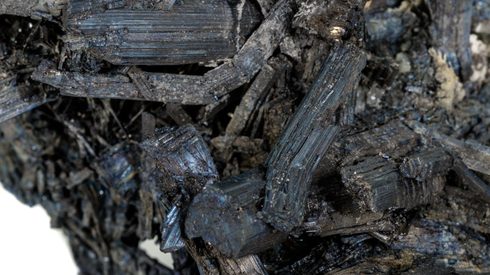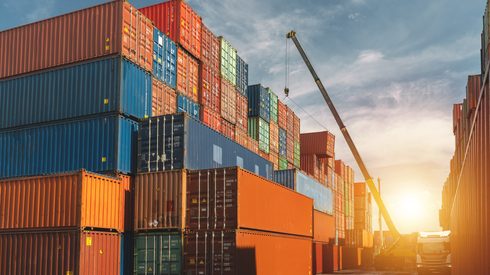Shanghai International Port Co, the operator of Port of Shanghai, said on February 1 that cargo holders do not have to pay for their use of container storage space from January 24 to February 9, 2020.
The related charges will be deducted from the bill when importers pick up the cargoes from the Shanghai port, which handles 70% of China’s copper imports.
To contain the spread of the coronavirus, the Chinese government has extended the Lunar New Year holiday to February 9 in major cities including Shanghai and blocked transport in several cities in Hubei and Zhejiang provinces.
This means many plants, such as copper fabricators, have not yet resumed operations and are not ready to receive or process raw materials they imported.
As a result, cargoes that were scheduled to be removed after the Spring Festival are still sitting in various Chinese major ports. Before Shanghai International Port issued its announcement, importers feared the extra port charges and demurrage would become a cost burden.
Port of Shandong, Port of Ninbo-Zhoushan, Port of Guangzhou, Port of Tianjin and some other major Chinese ports have also announced similar measures to waive storage fees incurred from mid-January.






